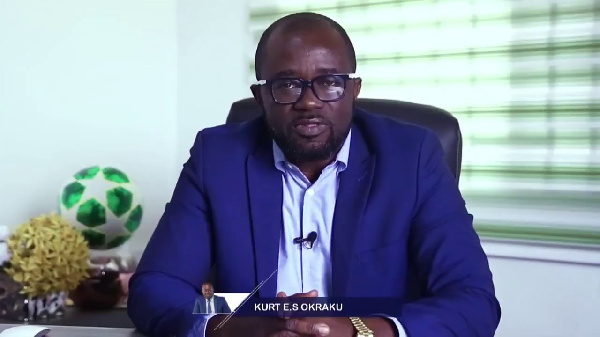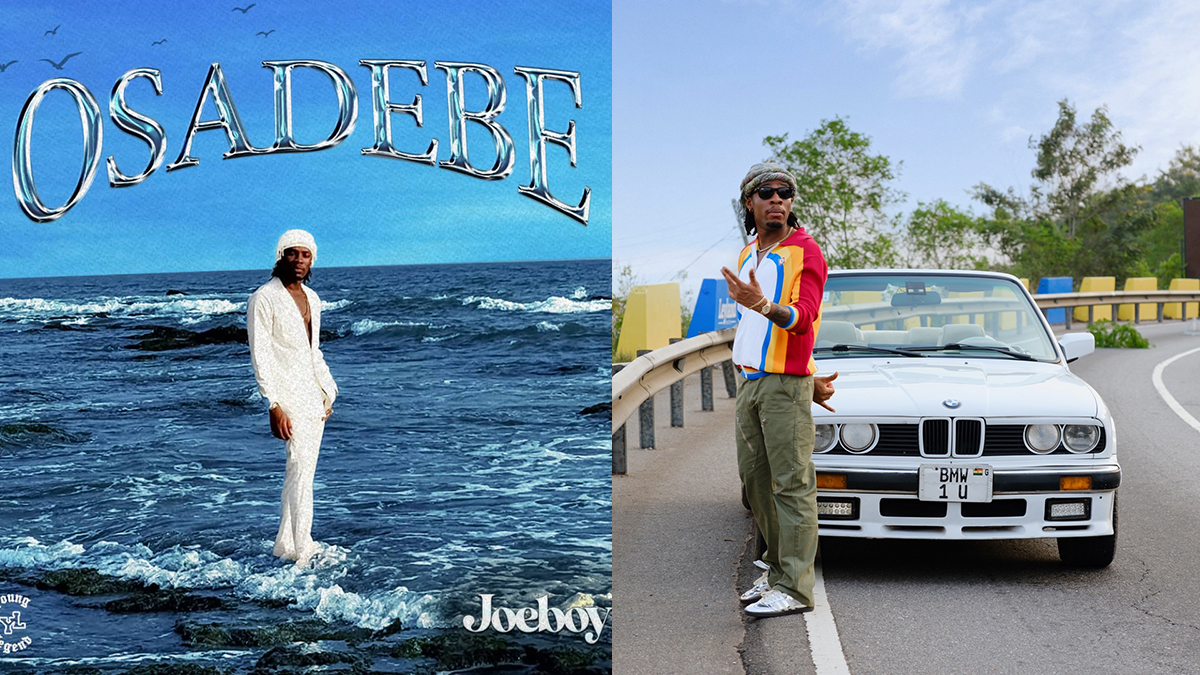ARTICLE AD BOX
The International Monetary Fund (IMF) and World Bank are working together to accelerate debt restructuring for Ghana and other countries under the Group of Twenty (G20) Common Framework.
Ms Kristalina Georgieva, Managing Director, IMF said this during a plenary meeting at the 2023 IMF/WGB Annual Meetings in Marrakech.
“The IMF and the World Bank are bringing all relevant creditors and debtors together with promising signs,” the IMF Managing Director said.
She explained that the two global financial institutions were doing so because the progress of the Common Framework on delivering on debt restructurings had been slow. The move is one of the supporting-pillars of the two-thronged “no regrets” actions for the next fifty years, captured in the Marrakech Principles, aimed at closing the divergent global income gap and generate job-rich growth for all.
The two policy actions are – investment in strong economic foundations, and investment in global cooperation.
More than half of low-income countries remained in or were at risk of debt distress, with about half of emerging economies facing default-like debt spreads. That, Ms Georgieva, said required prompt delivery of debt treatment, which would be beneficial to both creditors and debtors.
On the Fund’s support beyond pushing for speedy debt negotiations, she said, about US$1 trillion in liquidity and financing had been provided to countries across the world since the
“This came via the US$650bn Special Drawing Right (SDR) and US$320bn in lending to 96 countries, including 56 low-income nations,” she said.
“Our meetings here in Marrakech, the Red, leave me in no doubt that, together, we will unlock the door to opportunities for the next generation,” the IMF Managing Director said.
“Debt has increased throughout emerging markets – doubling in Africa – shackling
countries to the ground just as they’re trying to rise, Mr Banga, the World Bank President
noted.
He said it had become important to reimagine partnerships and have innovative plans to address the debt and other economic and climate change challenges for a liveable planet.
“We took our first steps on this journey in April, squeezing US$40bn over 10 years from our balance sheet by adjusting our loan to equity ratio,” the World Bank President said.
He added that the Bank had also created a portfolio guarantee mechanism, together with the launch of a hybrid capital instrument to enable it take risks and boost its lending capacity, the more.
“Taken together, we could provide US$157bn more in lending over a decade,” Mr Banga
said.
Immediate steps were taken to lessen the debt burden of low-income countries after the COVID-19 pandemic, where countries called on the IMF and World Bank to lend their support to the Debt Service Suspension Initiative (DSSI).
This was after a decision by G20 Finance Ministers and Central Bank Governors’ meeting to endorse the suspension of debt service of most vulnerable countries of under the Group.
Further action was taken later on in 2020 by the G20 Finance Ministers in endorsing the Common Framework for Debt Treatment beyond the DSSI to facilitate the timely and orderly debt treatment for DSSI-eligible countries.
Since then, Ghana, Chad, Ethiopia, and Zambia have requested for debt restructuring, and
are at various stages of deals with Official Creditors.
Ghana, for example, looks forward to signing a pact with external creditors for a second tranche of US$600m from IMF, Zambia reached an agreement on Saturday, October 14, 2023, and awaiting official signing of agreement.

 1 year ago
89
1 year ago
89








 English (US)
English (US)